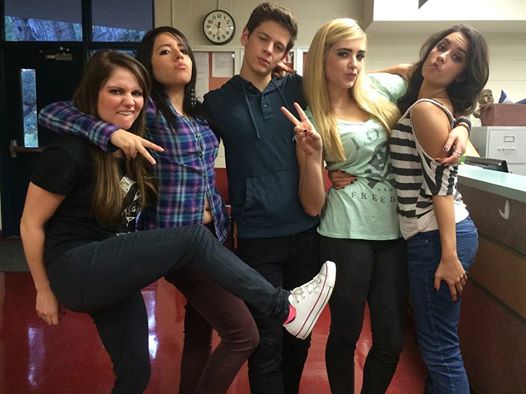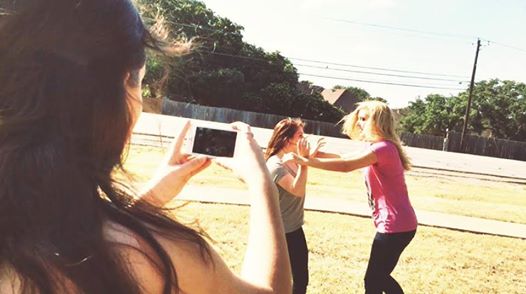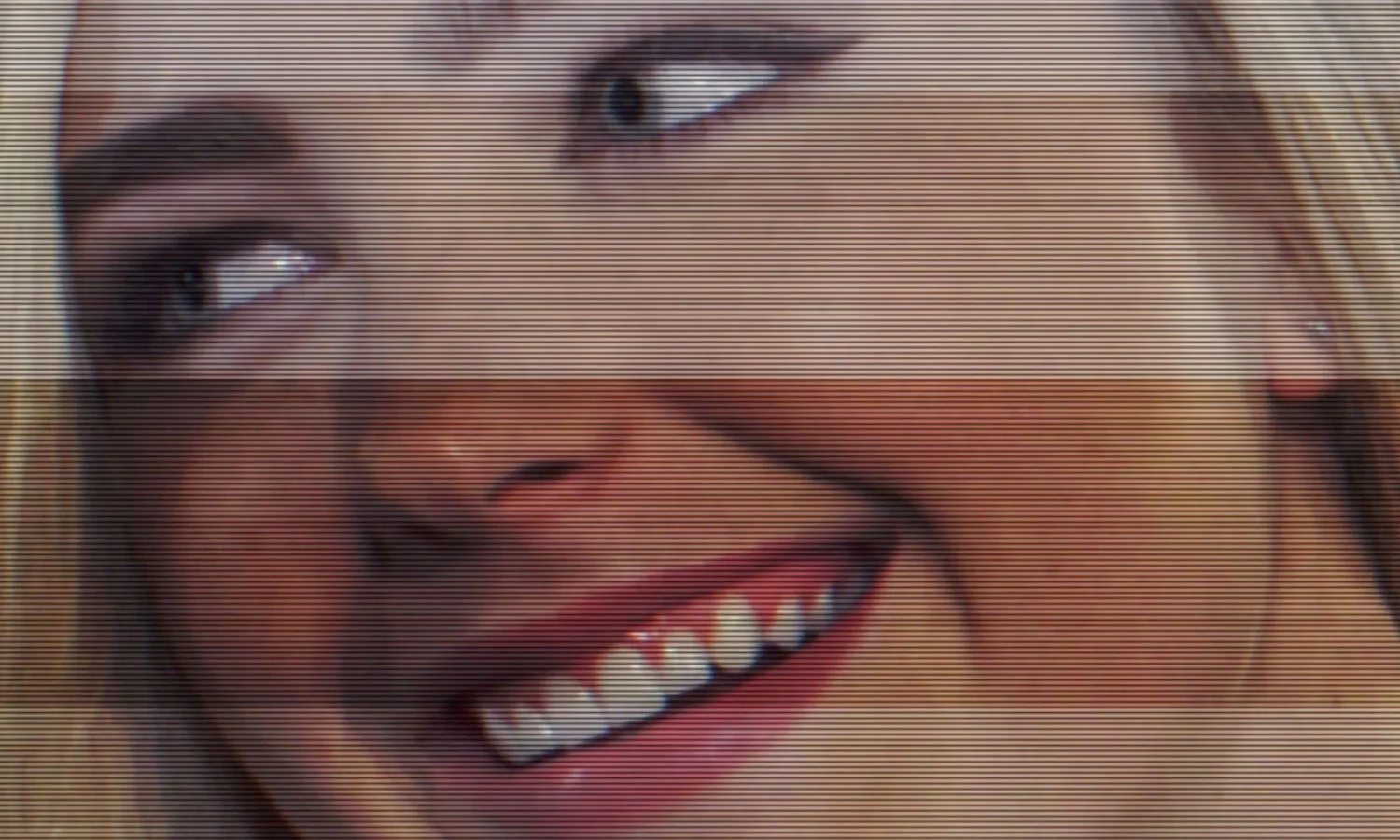Hello, internet.
I know it's been a while since I wrote something longer than "Congratulations! You finished the 'Choose Your Couch' Quest! Here are some free Coins for you!" I'm sorry. I've missed you. I've also missed having longer thoughts than that. So, as I'm avoiding continuing work on a new screenplay, I've been surfing various movie news sites and finding out what the state of the union is since I left L.A. This has led me to return to some longer musings in blog format. So bear with me while I tune my instrument.
Specifically, what stirred my interest is this article, written by Andrew Wallenstein for Variety.
"When "House of Cards" bows Friday, Netflix will find out whether a big-budget original scripted series can be launched outside the traditional TV ecosystem.
But that's not the only conventional wisdom about TV programming being put to the test.
A BBC drama adaptation starring Kevin Spacey as a corrupt politician, "Cards" will defy the medium's traditional weekly scheduling pattern by having all 13 episodes of its first season available at launch.
And that's where Netflix is making a mistake."
What follows is a lot of clucking about Silicon Valley's questionable wisdom on the subject of revenue generating, the use of the word "sentiment," and a staunch defense of "the traditional tv ecosystem" and the "casual viewer," blah blah blah.
I suppose it's not surprising that Variety would have this sort of reaction, given that their subscriber base is made up almost entirely of studio heads. Andrew Wallenstein knows where his invite to the Oscar afterparty is coming from. "Will this upstart Silicon Valley company make money by challenging everything you have learned in 20 years in the biz?" is good copy, and it gets the attention of Variety's target audience.
The really fascinating bit, though, is buried somewhere in the middle of the article. If you're looking for a datapoint that will give you a glimpse of how the VOD "ecosystem"is evolving, this is where you need to be looking:
"Because Hastings has very clearly indicated that Netflix is moving away from its initial emphasis on the depth of its catalog to one that puts a premium on differentiation from competitors in the subscription VOD space like Amazon Prime and Hulu Plus. While sound from a competitive standpoint, the strategy essentially means Netflix is paying more to keep titles out of its rivals' hands and getting less volume in its catalog. To wit, Netflix declined to renew a subscription for a cache of hit unscripted series from A&E Networks last year totaling over 800 hours of content.
"The company will downsize or eliminate certain deals as it attempts to return to sustained profitability," predicted Wedbush analyst Michael Pachter in a research note last week, going so far as to project that Fox and NBC Uni's deals could be next to go. "Should the quality and quantity of Netflix's content library deteriorate over time, we expect higher rates of churn, and believe that domestic subscriber growth will slow or stall completely."
Putting aside for a moment the reasons why Netflix might not think a "hit unscripted series' fits into its model (seriously, does anybody ever watch a reality TV program more than once? Are we all scrolling through the New Releases section going, "oh yeah, put Bad Girls Club in the queue! Did I miss season two of Storage Wars? I WONDER WHAT WILL HAPPEN."): Wallenstein gives us, almost as a throwaway, the news of a major, major paradigm shift. "Netflix is moving away from its initial emphasis on the depth of its catalog to one that puts a premium on differentiation from competitors."
In other words, Netflix is no longer stocking the infinite space of the interwebs with enough movies to satisfy everyone. It's not going to sign deals with everybody who wants to put a movie on the internet. It recognizes it's no longer the only game in town, and it's not trying to be all things to all people. It's willing to be HBO to Amazon's Showtime. In other words, Netflix is about to become curated content. It's about to become - dare we say it - a CHANNEL.
I have to admit, my initial reaction as an independent filmmaker was: "Oh, shit. The door is closing." Because let's face it: I don't want Netflix to be more choosy about their catalog. I want them to choose me! I think as filmmakers, we all have this idea that the internet is a free-for all, with a low barrier to entry. Youtube and Vimeo are definitely making that true for short films, but I'm sure I'm not the only one holding out hope that one day, in the not-so-distant future, Movies on Demand will be a viable avenue for independent producers to distribute high quality feature films, reach an audience, and bypass theatrical distribution entirely. For some independent filmmaker friends of mine, this is already the case. If they get enough demand (in the form of people preordering their movie in the saved queue), Netflix will distribute their feature on disc or on demand. Documentaries, particularly, are benefiting by going straight to Netflix. There are a lot of festival favorites (Queen of Versailles, Marwencol) that probably wouldn't have found their audience at Blockbuster, but are making money hand over fist in the virtual space. And why shouldn't that continue? There is infinite shelf space. There is the long tail. Why would you want to be a brand when you could just be television? Why can't we have the populist dream of barrier-free distribution for all? Sure, the signal-to-noise ratio isn't that great, but good material will rise to the top, and everyone gets a fair shake, and god bless America.
Why, indeed. If Netflix is evolving as a "brand" to differentiate itself from its competitors, that means it has some real competitors. We're not talking about a single storefront anymore; it's a VOD marketplace. And, as I was reminded when I was working at DC Comics, during the period when Marvel was on the ropes and teetering on the brink of bankruptcy: without competition, you don't have an industry. (And as Marvel reminded everyone: proprietary content kicks everybody's ass.)
Real competitors mean somebody is doing something right. It means growth and change, yes. But that's no reason for indies to panic. The long tail can still be served, it just won't all be served by one company.
The evolution of curated content isn't a bad thing - it's just different. And it might mean that one door is closing. But it also means that the VOD space, itself, is growing up a bit. And if Netflix becomes a curated experience, who can say what other curated experiences might spring up within this new ecosystem? Ultimately, what's interesting about VOD is not how fast you're consuming the content, but how it tastes.












